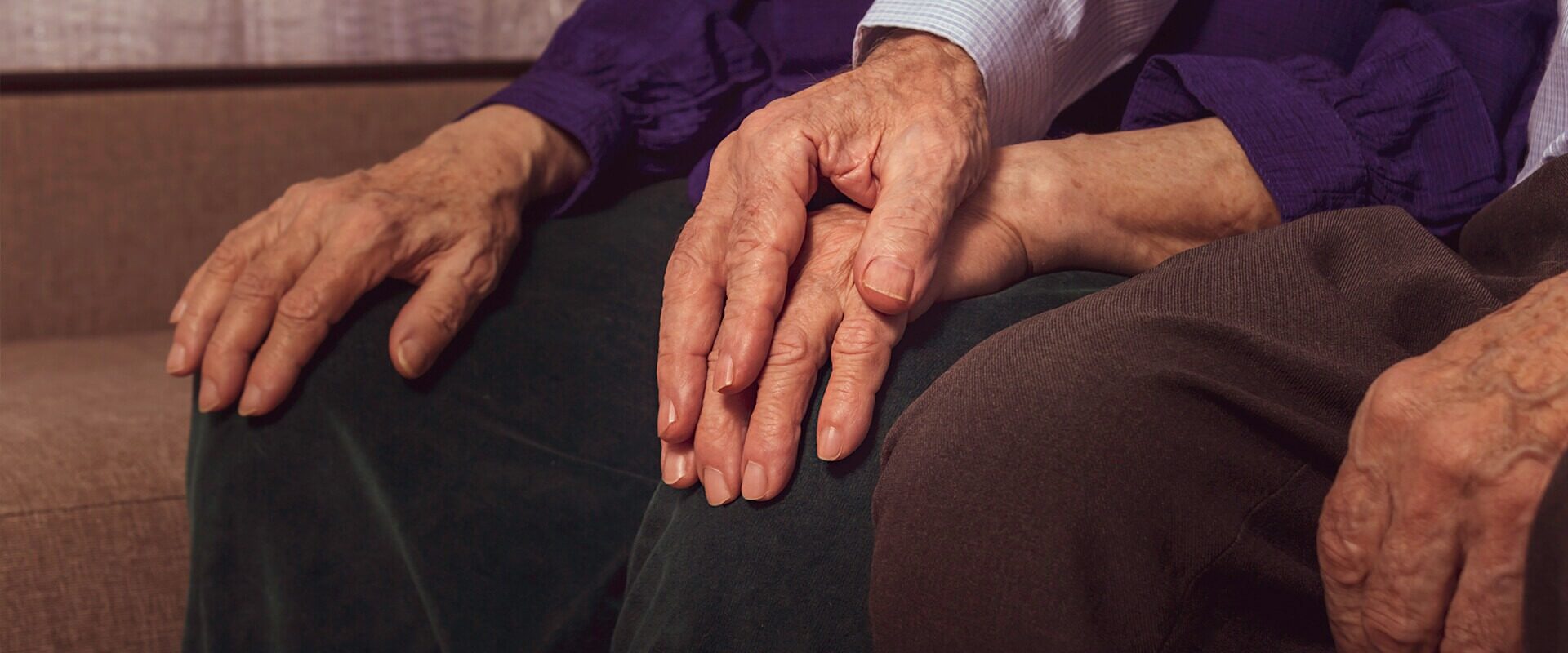
10 Steps You Can Take Today to Protect Your Child’s Inheritance
This guide will help you protect your child’s inheritance, so you can prevent future unintentional missteps.
According to our Virginia trusts and estates lawyers, living wills and advance healthcare directives are legal guidelines that specify your preferences for medical care and decisions if you become incapacitated or too ill to care for yourself.
A living will is a type of advance directive, as is a durable power of attorney, a do not resuscitate order, and an organ donation form. These directives enable your caregivers to make choices on your behalf should you be terminally ill, in a coma, or in the final stages of dementia.
An advance healthcare directive allows you to create specific instructions for your care in the event that you are unable to do so. These guidelines enable you to:
- Demand that a certain procedure or treatment be provided or withheld
- Designate a person to make medical decisions on your behalf, including the choice to donate all or specific parts of your body through organ or tissue donation

A living will permits you to allow or deny certain medical options, even if the decision will result in death.
This document can be used to decline a treatment that will only postpone the moment of death, not prevent it, since the will takes effect in situations of terminal injury or illness.
By creating these documents while you are still capable, you will help family members or caregivers make the decisions you need in times of emergency. No one wants to think about future incapacitation or death, but it is still important to plan for the unimaginable. Crisis situations can strike at any moment, rendering these documents important for adults of all ages.






















